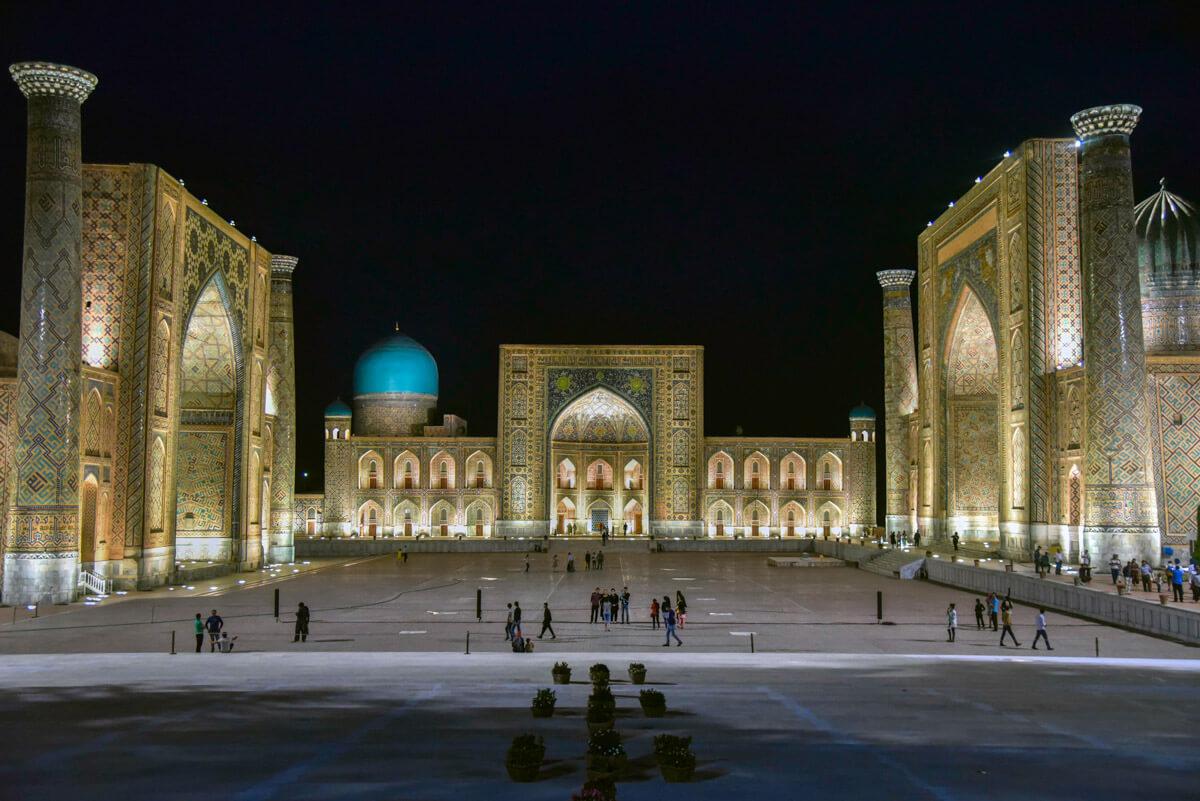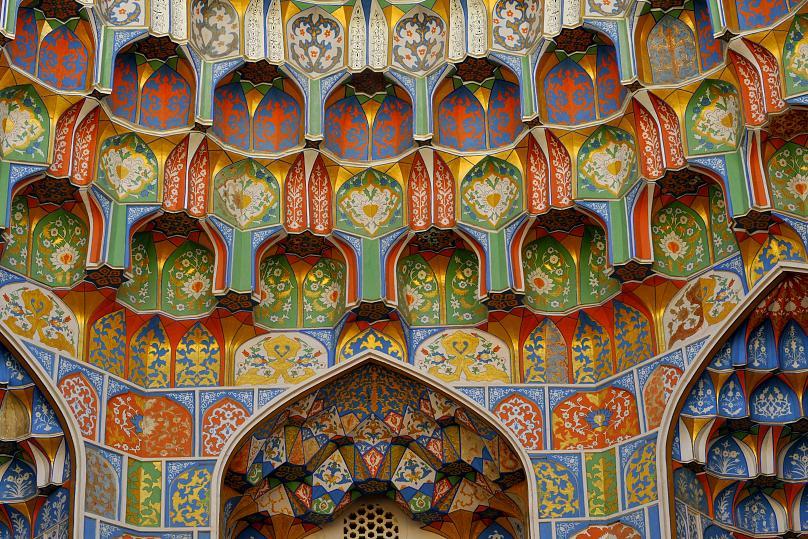
Uzbekistan is, by far, the most tourist-friendly country in Central Asia and an unmissable destination for sightseeing city lovers, because this is what Uzbekistan is mainly about.
With almost half its landmass covered by desert, remote, mysterious Uzbekistan, a landlocked country of 33 million in Central Asia, is slowly starting to unravel its secrets to Western visitors.
Among its UNESCO World Heritage recognised towns and cities, the country has some of Central Asia’s most incredible sights along what was the Silk Road, the ancient network of trading routes that linked China with Europe.
This year marks Uzbekistan’s 30th anniversary of independence from the Soviet Union, with a calendar of Covid-friendly celebrations taking place in the capital Tashkent as well as the UNESCO World Heritage Sites of Samarkand, Bukhara and Khiva.
Travelling between these cities is now easier than ever thanks to new high-speed rail links that have reduced the journey time from Tashkent to Bukhara to three hours 40 minutes, two to Samarkand and from 19 to eight to Khiva, a distance of nearly 1,000 kilometres.
To entice foreign visitors back during the coronavirus pandemic the Uzbek government is offering anyone who catches COVID-19 while on holiday $3,000 (€2,558) to cover medical bills as long as they are travelling as part of a tour group.
Khiva, Bukhara and Samarkand, whose glittering mausoleums and madrassas adorn the travel brochure front pages, are the holy triumvirate of a trip to Uzbekistan.

Founded 2,500 years ago, Khiva, in the northern Xorazm Region, is like a living museum.
Most of its attractions are located within Ichon-Qala. Like the city’s adobe-walled core – the Kalta Minor minaret, a voluptuous stone tower, covered in glazed turquoise Majolica tiles. Or the 10th-century Juma mosque, with its 200 individually patterned wooden pillars. And the Kunya-Ark Citadel, former residence of the khans, whose observation tower offers sweeping views of the compact city.
In Bukhara, famous for its well-preserved medieval bazaars and caravanserais, you can shop for Astrakhan hats and Soviet coins and medals in the Taki-Telpak Furushon bazaar, or gaze at the 12-century Kalyan minaret. Made of intricately patterned baked brick, it’s 47 metres high and becomes a showstopper at night, when it is illuminated by hundreds of backlights.
The fabled Silk Road city of Samarkand offers what is arguably the pièce de résistance of all Central Asia’s Islamic masterpieces – the Registan, a vast public square flanked by three soaring mosaic-tiled madrassas, or religious schools.
The oldest one was built by Timur’s grandson, Ulugh Beg, in 1417. An astronomer and mathematician, he invited scholars from across the region to study there, making Samarkand the intellectual capital of Central Asia. Beg went on to found an observatory in the city, at the time considered the most advanced in the Islamic world.
By Sher Karimov




